Legend in a Bottle
For centuries, the unique sweet wine of Samos conquered the East and the West.
According to Greek mythology, Dionysos bestowed the art of vinification and its secrets on the inhabitants of Samos. The island has always produced wine, but in the 16th century, a small and refined muscat grape variety arrived from Asia Minor.
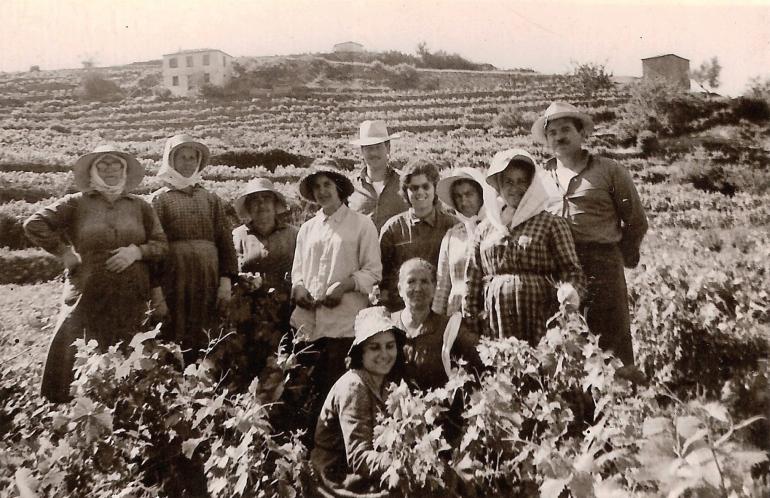
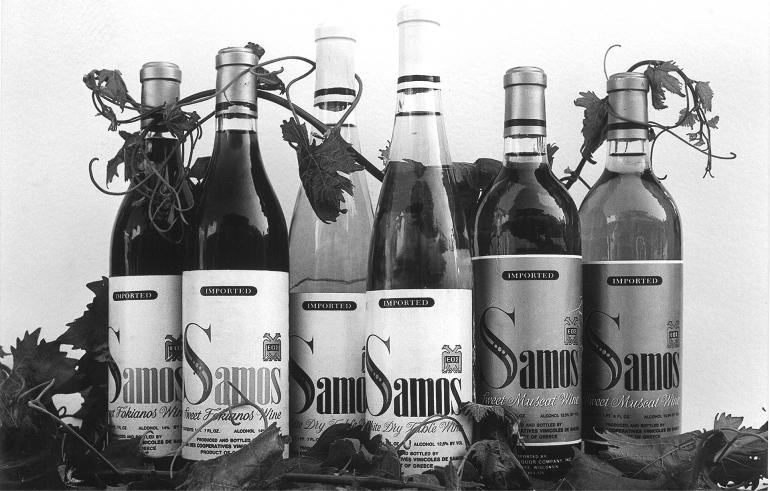
It bonded with the soil and prospered, developing the most aromatic characteristics of fresh fruit, rose petals and orange blossoms. In the 19th century, phylloxera decimated Europe’s vineyards, allowing the sweet wine of Samos to conquer markets in the East and the West. The Catholic Church then granted Samos the privilege of producing wine for its missionaries. As you ascend the northern slopes of Mount Ambelos, you will find the vineyard and an enchanting spectacle. The mountain appears as if created by human hands. Here, ancient and latter-day drystone terraces retain the precious soil, often forming narrow strips containing only a single row of vines.
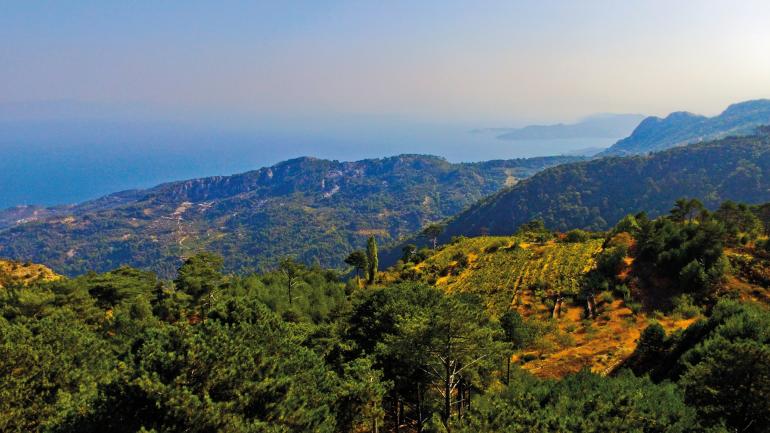
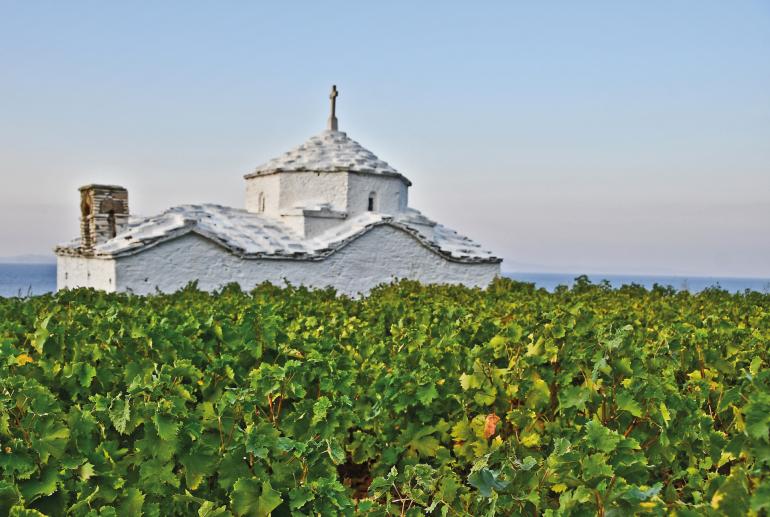
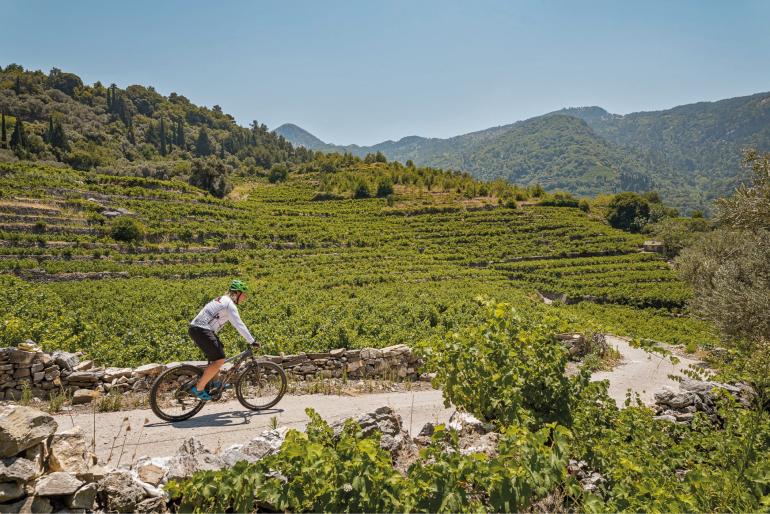
The picturesque wine villages of Vourliotes, Manolates, Ambelos, Stavrinides, and Platanos, are dotted around The United Winemaking Agricultural Cooperation of Samos, one of the oldest cooperatives in Greece, dating back to 1934, is one of the nation’s most significant wineries. To delve into the history of this unique variety, it is worth visiting the Wine Museum or paying a visit to the wine cellar in Karlovassi. A product of Protected Designation of Origin, the muscat of Samos is a dessert wine or aperitif, is the basis of unique cocktails and marries masterfully with cookery and confectionery. The traditions, techniques, passion and toil of viticulturists result in white, rosé and red wines in sixteen different labels that are well worth trying. Harmony, nature and science combine in every sip. Samios Pythagoras even designed a cup to remind himself when he was close to losing his ‘measure’. However, we prefer Lord Byron’s exhortation to Don Juan: “Fill high the bowl with Samian wine!”
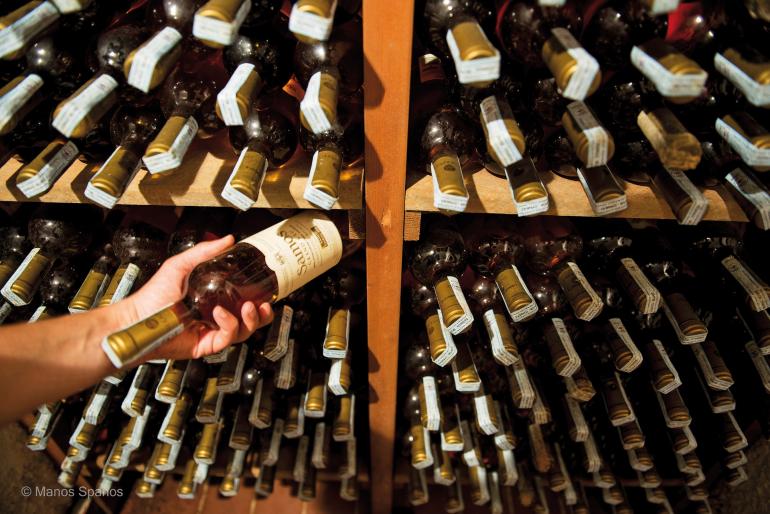
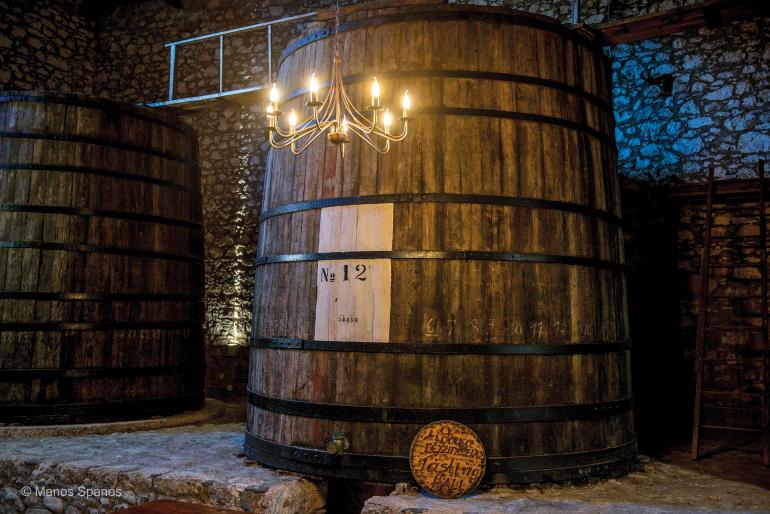
TEXT : ELENI PSYCHOULI

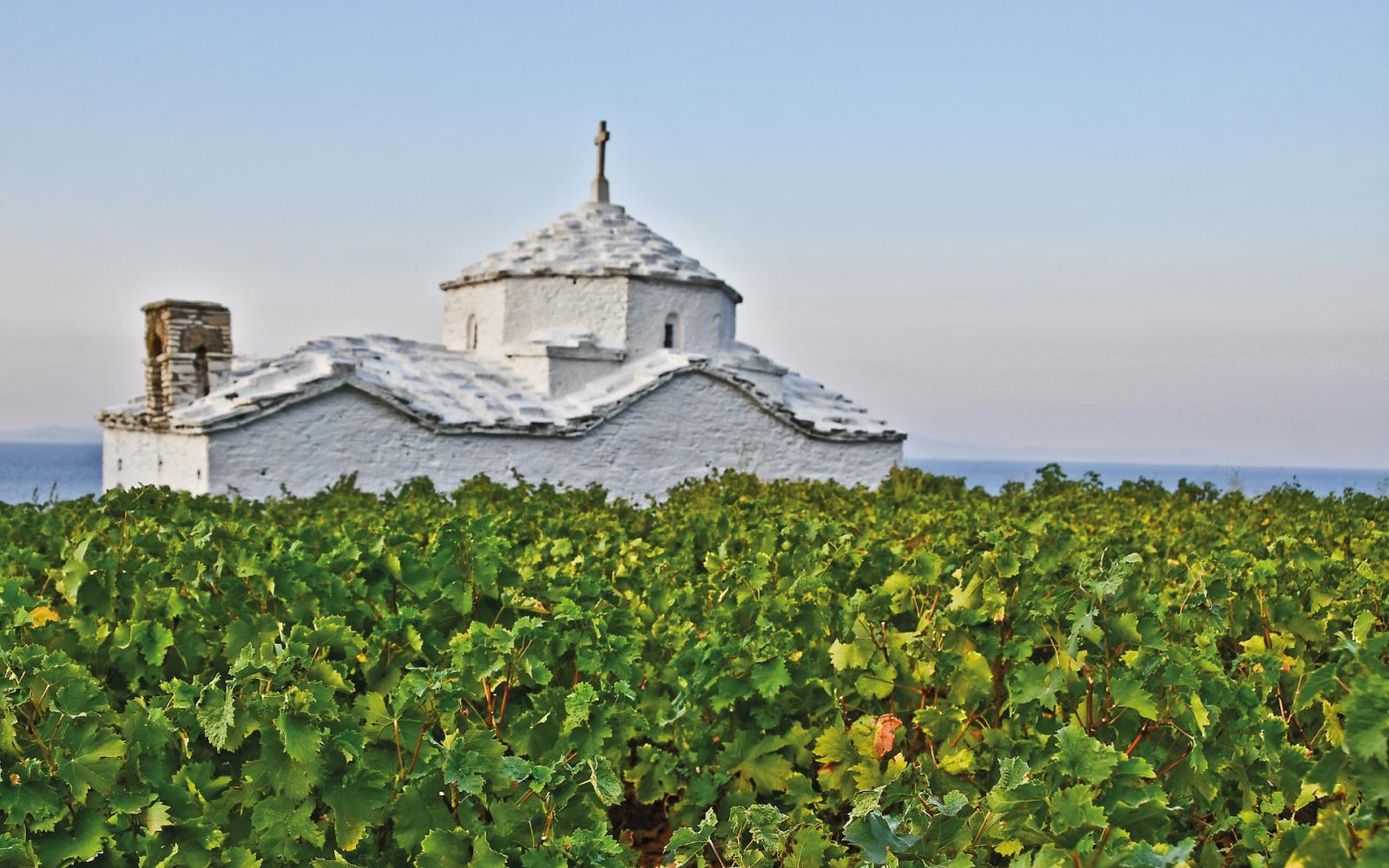
YOU MAY ALSO LIKE
A Nautical Heritage
TASTES OF SAMOS
Α Cradle of Winemaking